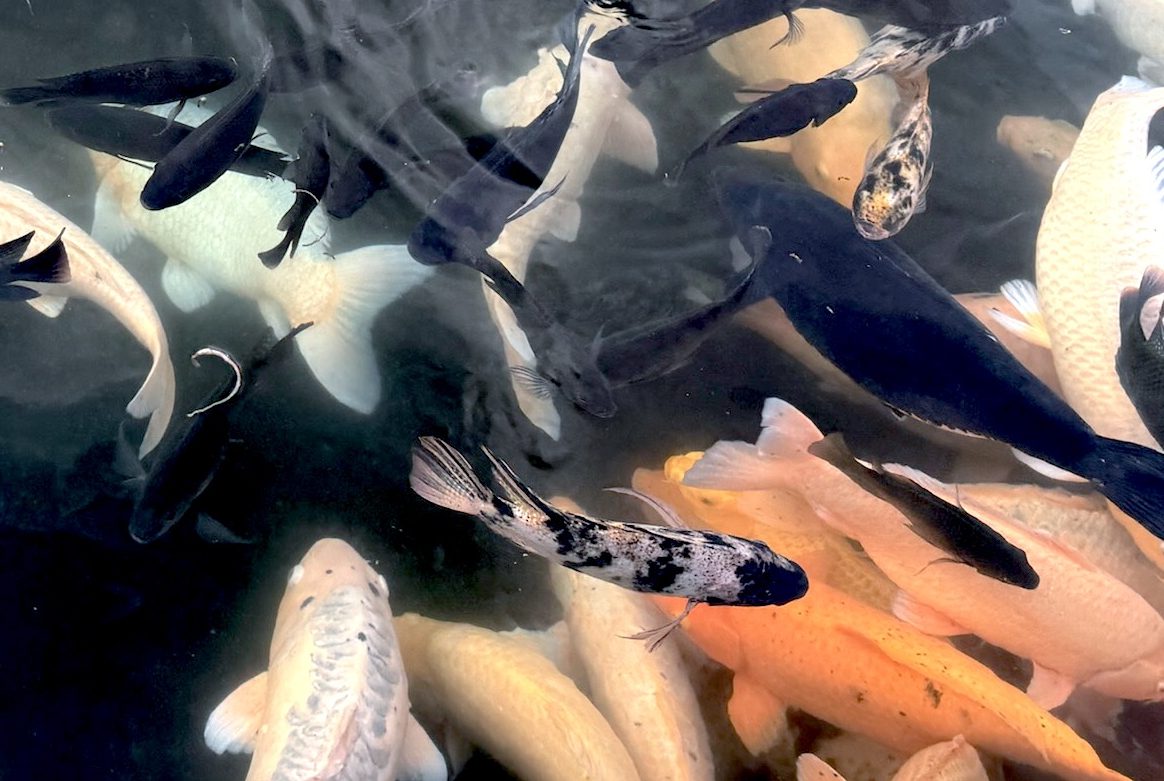In the daily routine of a Zen monastery, there is time set aside for Soji, or cleaning. Soji is a ceremony, and as such, it is a practice of mindfulness. During Soji, one is fully present in the moment, and free from the controlling mind in a way that can lighten one’s perspective and bring us more joy, aliveness and inspiration even with what we might normally consider as mundane tasks, or drudgery.
The whole process is an art, like in the tea ceremony — the position you’re in, the tea bowls, tea preparation, the layout of the tatami mats, the scroll — and that art requires 100% attention. You are 100% present, and in that moment there is nothing else happening.
Thich Nhat Hahn said, There are two ways to wash the dishes. The first is to wash the dishes to get them done, or you can wash the dishes in order to wash the dishes. That is Zen practice! When you are cleaning, you are not cleaning to get done with cleaning, you are cleaning to be cleaning. It’s not about the outcome, it’s about the process, the moment, engaging with the work and enlivening it with your presence.
This is an incredibly important understanding. You are very much in the moment. You are taking care of what is in front of you — and you are enlivening everything. You imbue objects with presence; you empower objects with energy. I handed my teacher Jean Klein* a little silver ball with a bell inside, which I had also given to Poonjaji** when I visited him. Jean held the ball in his hand and said “I’m filling it with my energy,” before he opened up the little velvet bag and took out the ball.
When you are fully present in this way, there is no thinking. Suzuki Roshi said that mindfulness practice, Vipassana, is really a basic Buddhist practice which trains you to pay attention to sensations that are happening. So if you are cleaning, there are sensations of moving and sweeping, and sounds, and imagery — your attention is completely engaged with your activity.
So cleaning is not drudgery, some pain in the ass job you have to get done. Rather, it’s a very rich sensory experience. It’s a meditation. And just as cleaning is meditation, so everything can be meditation. This is what is called meditation in action.*** You’re fully conscious, but you’re not living in a thought-driven perceptual world. Rather, you are simply fully present in your experience.
So if you are vacuuming, you are the vacuuming. Vacuuming is happening, but there is no one vacuuming. This applies to all parts of our lives: if you are playing music, you play with that consciousness through your whole body — your mind, your heart, your spirit simultaneously. That’s music that’s transformative, because it’s filled with inspiration.
The work is happening, and yet no one is doing it. So even the most mundane task becomes transformative, because it is filled with inspiration.
*Jean Klein – teacher of Frances Lucille, teacher of Rupert Spira
**H.W.L Poonja – also known as Poonjaji or Papaji, teacher of Gangaji and Mooji.
*** coined by Chogyam Trungpa Rinpoche in the title of his 1969 book: Meditation in Action. Trungpa was the teacher of Pema Chodron.

